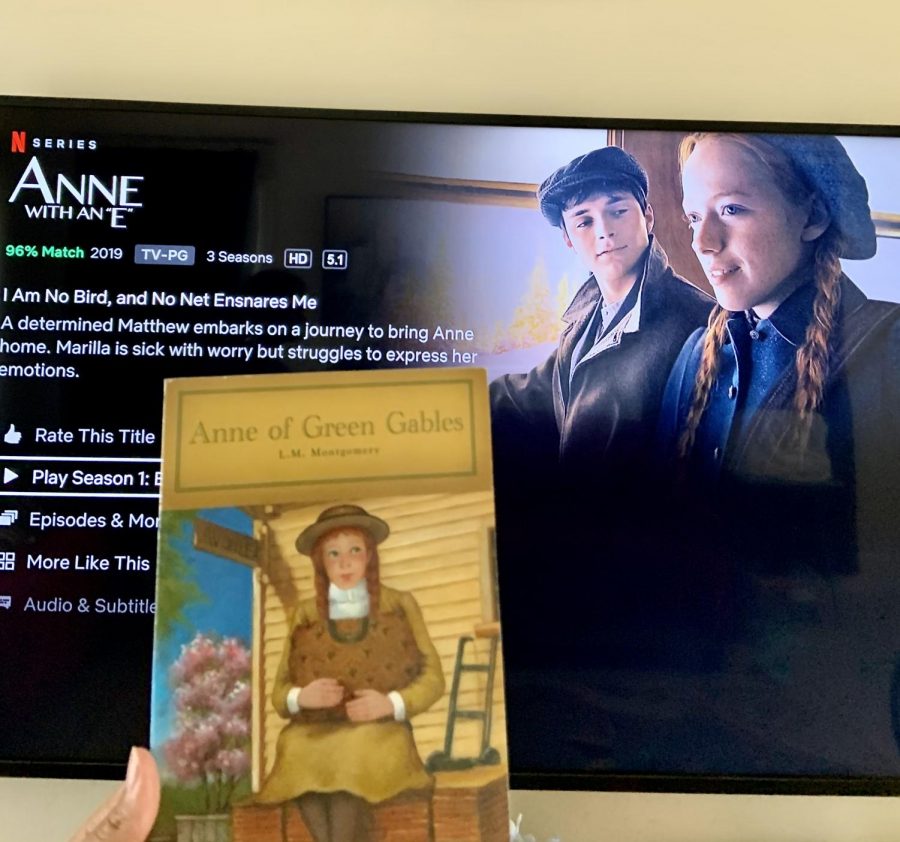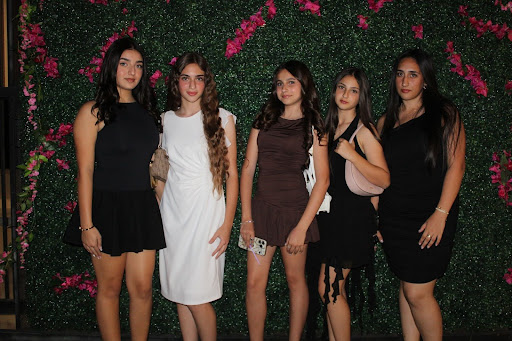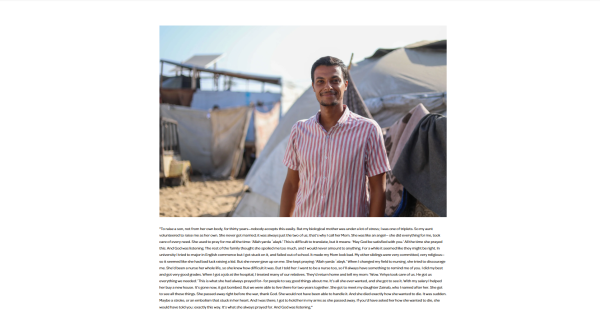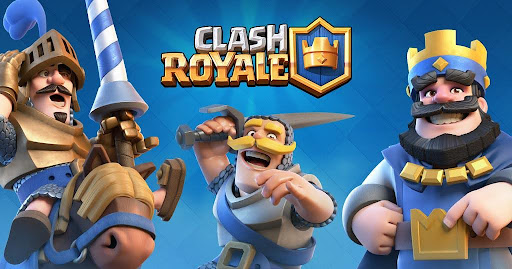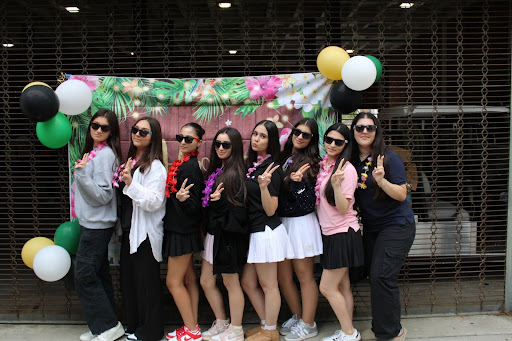Movie adaptations of books: yay or nay?
The book Anne of Green Gables was adapted into the Netflix TV series “Anne with an E.”
Aleek Jivalagian, a junior, has recently gotten into reading, and is currently reading the Harry Potter series. It is no secret that the Harry Potter movies are immensely popular, with billions of viewers. However for Jivalagian, the movies do not do the Harry Potter books themselves justice, a sentiment that has been echoed by other readers as well.
“Sometimes the Harry Potter movies get the characters completely off because they want to make it more dramatic,” Jivalagian said. “Like in the fourth book, when Dumbledore finds out Harry’s name was in the goblet he goes and shakes him aggressively, but in the book he says it calmly and his whole character is him being calm and mellow.”
In a survey conducted by Parlia, readers have found many cons when it comes to movie adaptations of their favorite books. One argument is that parts of the book are inevitably left out to fit in the time frame and constraints of movie production. This is expected, since there is no “perfect adaptation,” and movie adaptations can never fully represent a book. However, this is something that can be disappointing to readers, and people who watch the movie adaptation will lack certain knowledge if they don’t choose to read the book itself.
Movies fix a visual anchor for different aspects of the book such as the characters and setting. This can take away from the imaginative experience of reading and the joy of being a reader who conjures their own interpretations. “Movies don’t usually do a good job because our imagination is far greater than the limits placed with movies and it doesn’t fit with our interpretations a lot of times,” said junior Anaia Elbaz.
The survey conducted by Parlia also included an alternate interpretation of movie adaptations: the pros. In fact, there are many books that people actually advocate to be turned into movies. Movies, in general, attract viewers from all backgrounds, and a movie adaptation has the potential to make books more popular and bring new attention that may increase book sales.
An example of a successful movie adaptation is the Harry Potter series. The Harry Potter film franchise made a revenue of $8.5 billion, and book sales have totalled $7.5 billion. Combined with sales from merchandise, the Harry Potter franchise at its entirety is worth about $25 billion.
While both franchises have high gross incomes, the film revenue has been higher, suggesting that the immense popularity of the movie adaptations brought renewed interest to the books, which boosted book sales in turn.
Movie adaptations may help readers visualize the story and take the experience a step further beyond words on a page. Some readers actually prefer the creative experience from the film adaptations.
“For movie adaptations, specifically, I would say you get to experience what the authors themselves intended the scenes to look like,” said junior Gabriella Marcucci. “I like being able to compare what I imagined in their writing versus what they imagined and it’s something you can talk about with other people.’
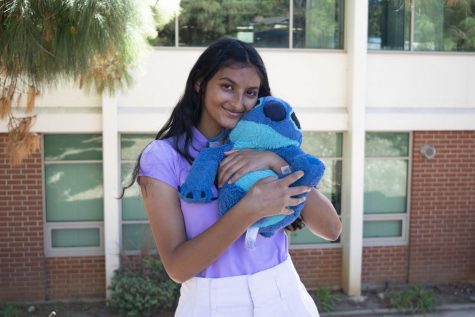
Dream destination? Seeing the Northern Lights in Norway
Interests/ hobbies? Reading, hiking, listening to music, eating food
In...



